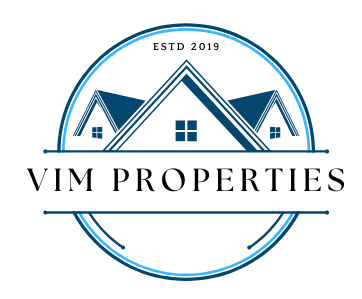This article is intended for informational purposes only and should not be taken as investment advice. Individual circumstances vary, and professional advice should be sought before making investment decisions.
The U.S. real estate market is ever-evolving, and 2024 is shaping up to be a year marked by significant shifts and emerging trends. As a leading real estate analyst, I’ve identified several key trends that are likely to influence the market dynamics in 2024. Understanding these trends is crucial for investors, real estate professionals, and market observers to navigate the landscape effectively.
1. The Rise of Sustainable and Green Living Spaces
Sustainability is not just a fleeting trend but a movement that’s gaining momentum in the real estate sector. In 2024, we expect to see a significant increase in demand for eco-friendly homes equipped with energy-efficient systems, renewable energy sources, and sustainable materials. This shift is driven by consumer awareness, regulatory incentives, and the long-term cost benefits associated with green living.
2. The Continued Growth of Remote Work and Its Impact
The pandemic-induced shift to remote work is not a temporary change but a permanent one for many. This has implications for the real estate market, with a growing preference for properties that accommodate home offices and co-working spaces. Additionally, suburban and rural areas may see increased demand as remote workers seek more spacious and affordable living options outside of traditional urban centers.
3. Technological Integration in Property Management and Sales
Technology will continue to play a pivotal role in real estate transactions and property management. Virtual tours, AI-driven property recommendations, and blockchain-based transactions are likely to become more mainstream. This digital transformation is streamlining processes, enhancing customer experiences, and offering new insights into market analytics.
4. Urban Revitalization and the Shift in City Living
Urban areas are undergoing significant changes with a focus on revitalization and sustainability. The trend towards mixed-use developments, which blend residential, commercial, and recreational spaces, is reshaping city living. These developments promote a sense of community and convenience, attracting a diverse demographic of residents.
5. The Growing Popularity of Alternative Housing
Alternative housing options such as tiny homes, co-living spaces, and modular homes are gaining traction. Driven by affordability issues, environmental concerns, and changing lifestyle preferences, these alternative models are offering innovative solutions to traditional housing challenges.
6. Real Estate Investment Trusts (REITs) Gaining Ground
REITs are set to become an even more attractive option for investors looking for real estate exposure without the need for direct property management. In 2024, expect to see growth in this sector, especially in niche markets like healthcare, data centers, and green properties.
7. The Millennial and Gen Z Effect on the Market
Millennials and Gen Z are becoming increasingly influential in the real estate market. Their preferences for sustainable living, technology integration, and urban experiences are shaping development trends. Understanding the desires of these generational cohorts is crucial for real estate professionals looking to cater to this growing market segment.
8. The Impact of Global Economic Trends
Finally, global economic trends, including inflation rates, interest rates, and international trade dynamics, will continue to influence the U.S. real estate market. Investors and professionals will need to stay informed and adaptable to navigate these macroeconomic influences.
In conclusion, the U.S. real estate market in 2024 is poised for transformative change, driven by sustainability, technology, and evolving consumer preferences. As the industry adapts to these trends, opportunities for innovation and growth abound, presenting exciting prospects for those involved in the U.S. real estate sector.




